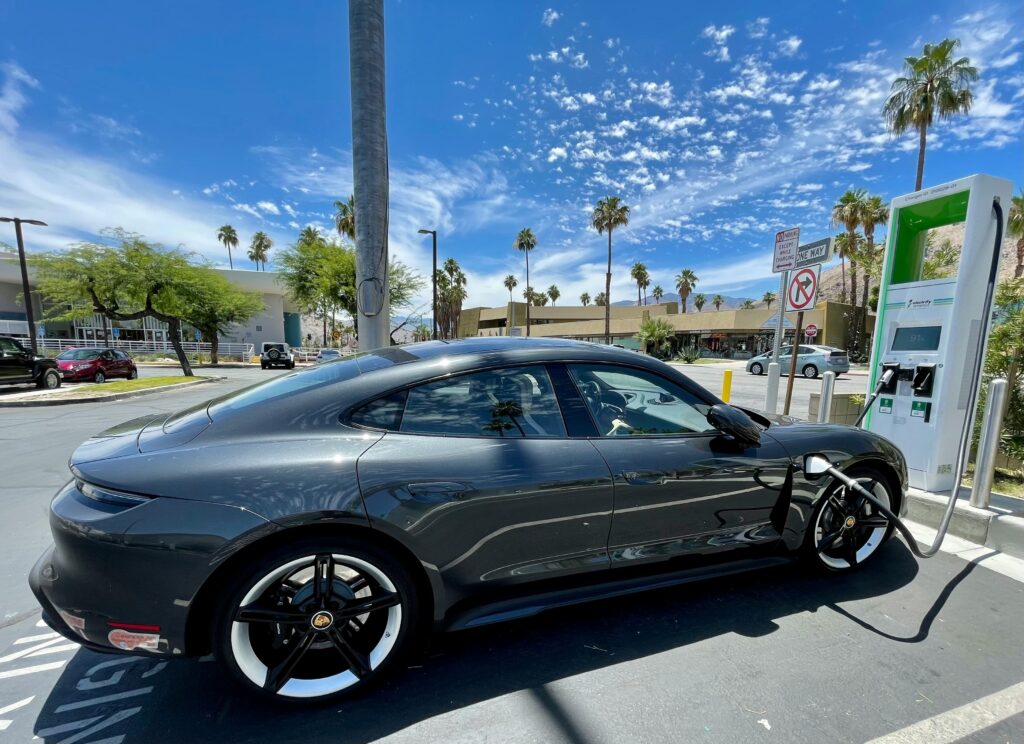The automotive industry finds itself at a pivotal juncture, with the rapid ascent of electric vehicles (EVs) reshaping the transportation landscape. This seismic shift is driven by a multitude of factors, including environmental concerns, technological advancements, and changing consumer preferences. As we navigate this electrifying era, it’s crucial to understand the profound impact EVs are having on the way we perceive and interact with personal mobility.

At the heart of this revolution lies the quest for sustainability and environmental stewardship. The burning of fossil fuels in traditional internal combustion engine (ICE) vehicles has long been a significant contributor to greenhouse gas emissions and air pollution. EVs, powered by rechargeable batteries, offer a cleaner alternative, significantly reducing the carbon footprint associated with transportation. As governments and consumers alike become increasingly conscious of their environmental impact, the demand for EVs has surged, prompting automakers to accelerate their transition to electric drivetrains.
However, the allure of EVs extends beyond their eco-friendly nature. These vehicles boast an array of technological marvels that have captured the imagination of drivers worldwide. The instantaneous torque delivery and smooth, near-silent operation of electric motors provide a driving experience that is both exhilarating and serene. Furthermore, the integration of advanced infotainment systems, driver-assist technologies, and over-the-air software updates have transformed EVs into rolling digital hubs, seamlessly blending cutting-edge technology with personal mobility.
Despite their numerous advantages, EVs face their fair share of challenges. Range anxiety, the fear of running out of battery power, remains a concern for many potential buyers. Additionally, the availability and accessibility of charging infrastructure are critical factors that will shape the widespread adoption of EVs. Addressing these issues will require a concerted effort from automakers, governments, and infrastructure providers to create a robust and convenient charging network.
The impact of EVs extends far beyond the automotive realm, reverberating through various sectors of the economy. The shift towards electrification has catalyzed the growth of ancillary industries, such as battery manufacturing and charging station installation. Furthermore, the integration of EVs into the broader energy grid presents opportunities for innovative solutions in energy storage and load balancing, contributing to the development of more sustainable and resilient energy systems.
As we look towards the future, the rise of EVs is poised to reshape not only the way we drive but also the way we perceive personal mobility. The automotive industry’s transition to electrification represents a paradigm shift, one that promises to redefine our relationship with transportation while simultaneously addressing pressing environmental concerns. While challenges remain, the momentum behind EVs is undeniable, and their impact will resonate for generations to come.
Read more about The Rise of Electric Vehicles: Driving Towards a Sustainable Future